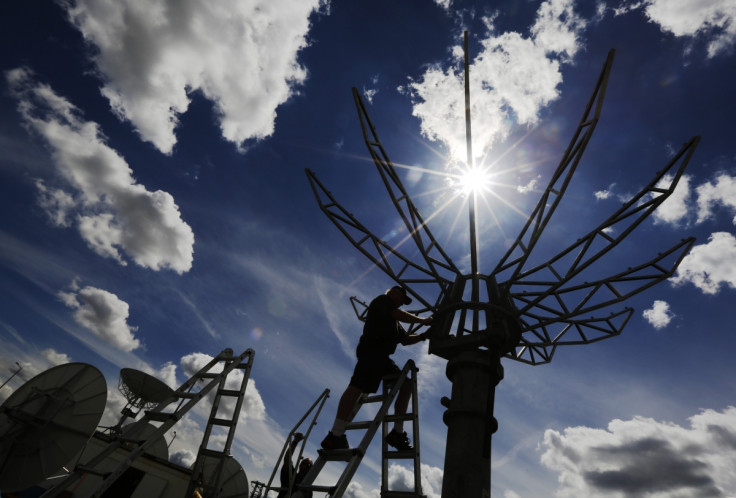Satellite network software error caused radio disturbance in the UK

The disturbance in recent radio broadcasts has been traced to an error in the Global Positioning System (GPS) network. The software error was a result of the removal of the satellite from the service, according to the US Air Force. The decommissioning also affected other satellites.
On 26 January, a GPS satellite named SVN23 which was orbiting the Earth was decommissioned, resulting in throwing up problems for the whole network. An Air Force official said: "While the core navigation systems were working normally, the coordinated universal time timing signal was off by 13 microseconds which exceeded the design specifications."
"The issue was resolved at 6:10 am MST, however global users may have experienced GPS timing issues for several hours," it noted. As a result of the problem, some global positioning systems might have been thrown off by about 4km. It is not known if other systems such as navigation tools were also affected.
"I live on the Worksop side of Sheffield and for the past two days the reception of the BBC National Ensemble has been virtually nonexistent indoors. All other stations are fine and the BBC reception page says no reported problems with the three local transmitters - Sheffield, Clifton and Emley Moor," reported a member called Darcy72 on DigitalSpy forum.
The BBC said the issue has now been resolved. It said: "This happened due to disturbances of the time reference equipment which resulted in national DAB suffering outages since late Tuesday evening. The outages were caused by a rogue GPS satellite (SVN23), which was taken out of service in the evening of 26 January."
Speaking to the BBC, Danielle George, a radio engineer at the University of Manchester, said: "It was decommissioned after 25 years - actually it should have just had a seven-and-a-half-year lifespan so it lasted a lot longer than it should have done."
She said the problem was only with one satellite and DAB (digital audio broadcasting) transmitters might not have faced any difficulties. "They shouldn't have seen an issue with that because as far as I understand the way they work is they need two frequencies to lock and there are a number of GPS [signals] to look at," she said.
© Copyright IBTimes 2025. All rights reserved.





















